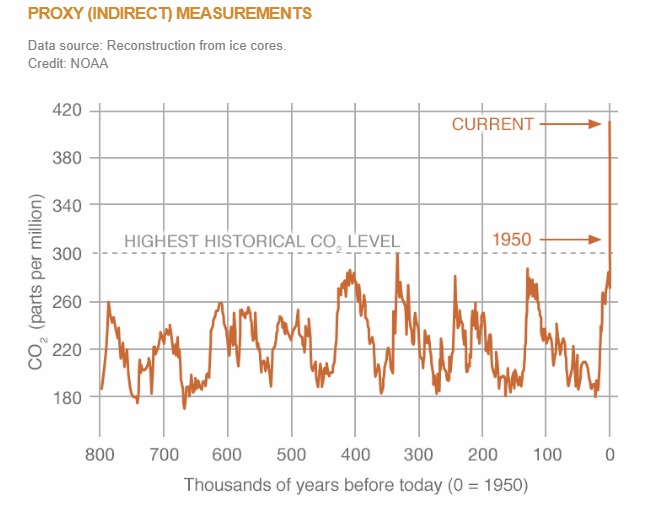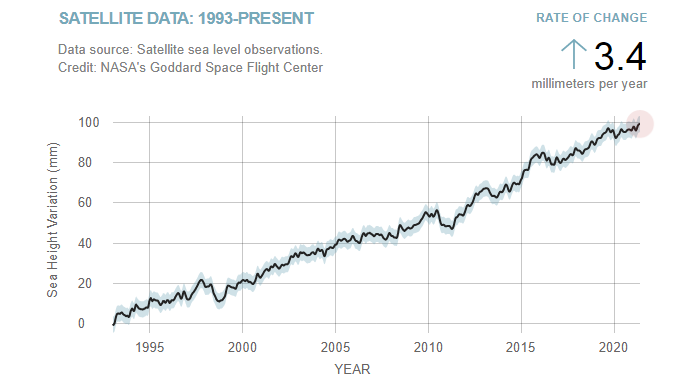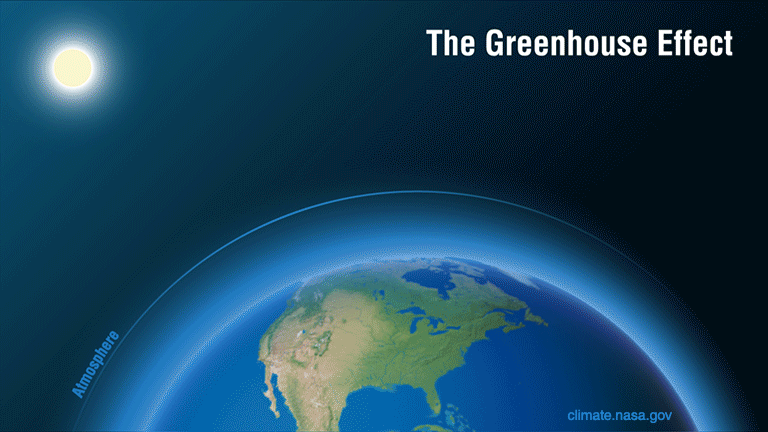
image courtesy- NOAA
What is climate change?
The climate of the Earth is changing. Several lines of evidence point to changes in our weather, seas, ecosystems, and other areas. Global climate change refers to long-term average changes throughout the whole planet. Although the phrases “global warming” and “climate change” are sometimes used interchangeably, “global warming” is simply one element of climate change. Warming temperatures and precipitation changes are examples, as are the impacts of global warming, such as:
- Rising sea levels
- Shrinking mountain glaciers
- Ice melting in northern and Sothern hemispheres
- Changes in flower and plant blooming periods
Even before humans were on the scene, the Earth’s climate was continuously shifting. However, scientists have recently noticed unexpected alterations. For example, over the last 150 years, the average temperature of the Earth has risen significantly faster than expected.
Is climate change that serious?
Numbers don’t lie.
- Carbon dioxide (CO2) is a major heat-trapping (greenhouse) gas that is emitted by both human activities like as deforestation and the combustion of fossil fuels, as well as ecosystem functions like respiration and volcanic activities.
Since 1850, human activities have increased CO2 concentrations in the atmosphere by 48 percent above pre-industrial levels. This is greater than what would have occurred organically during a 20,000-year timeframe (from the Last Glacial Maximum to 1850, from 185 ppm to 280 ppm).

- The Earth’s surface continues to warm substantially, with current global temperatures being the warmest in over 2,000 years.

- Since satellite observations began in 1979, the amount of Arctic sea ice has decreased considerably in all months, with Septembers showing the greatest decreases. The lowest values are found in the last 15 Septembers.

- As a result of human-caused global warming, earth’s sea levels are rising at an unprecedented rate in the last 2,000 years.

- Ninety percent of global warming is happening in the ocean, with the last decade and the year 2020 being the warmest.
Our ocean, which covers more than 70% of the Earth’s surface, has a very large heat capacity. It has absorbed 90% of the warmth caused by rising greenhouse gases in recent decades. Heat held in the ocean causes its water to expand, causing one-third to one-half of global sea level increase. The majority of the additional energy is held at the surface, at depths ranging from zero to 700 meters. The previous ten years have been the warmest decade for the ocean since at least the 1800s.
Sea level rise owing to thermal expansion, coral bleaching, faster melting of Earth’s main ice sheets, stronger storms, and changes in ocean health and biochemistry are all impacts of ocean warming.
Is it too late to stop human-caused climate change?
Better Late…Than Never…

Responding to Climate change will require a two-tiered response:
- “Mitigation” – decreasing the flow of greenhouse gases into the atmosphere.
- “Adaptation” – learning to live with and adapt to climate change that has already begun.
The main question is how much carbon dioxide and other pollutants we will emit in the coming years?
To act on climate change you can also join the Sri Lankan youth approach to climate action in parallel with the COP26 UN climate summit 2021 >> Youth for Climate Action
